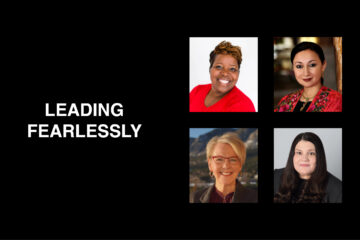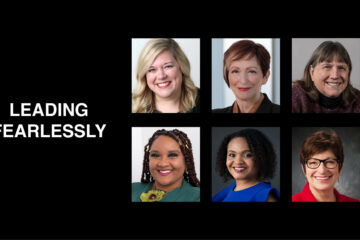By Suzanna de Baca, president and CEO, Business Publications Corp.
“When we speak we are afraid our words will not be heard nor welcomed. But when we are silent we are still heard, so it is better to speak.”
Audre Lorde
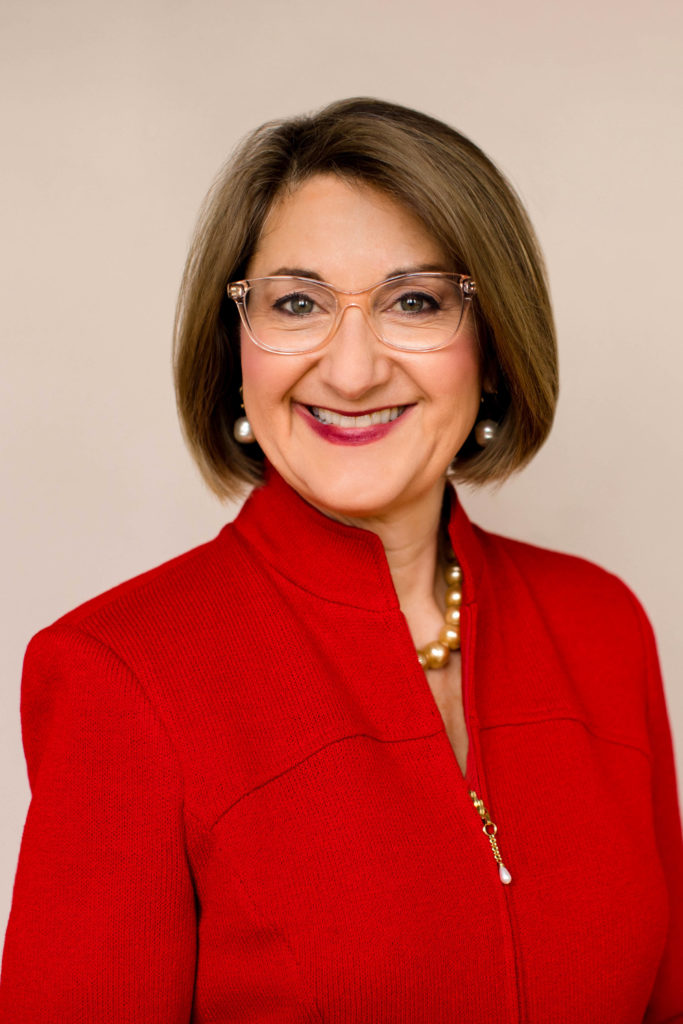
As a young woman, I was often hesitant to speak out, concerned that I would not be taken seriously or would be dismissed. I was fortunate to have many strong female role models around me to turn to for inspiration. At other times, I looked to women in the news or from history and found courage by learning about their journeys and reading their words.
Luckily, we have a rich legacy of pioneering and accomplished women right here in Iowa who provide plenty of inspiration. Some of these women have been recognized in the Iowa Women’s Hall of Fame, established in 1975 by the Iowa Commission on the Status of Women to highlight women’s heritage and recognize their contributions. While some of the honorees were given this award posthumously, many of these exemplary women are still active leaders who continue to motivate and support other women.
I turned to a few of these Iowa Women’s Hall of Fame honorees and asked them, “Why is it so critical for women to find their own authentic voices and speak up?”
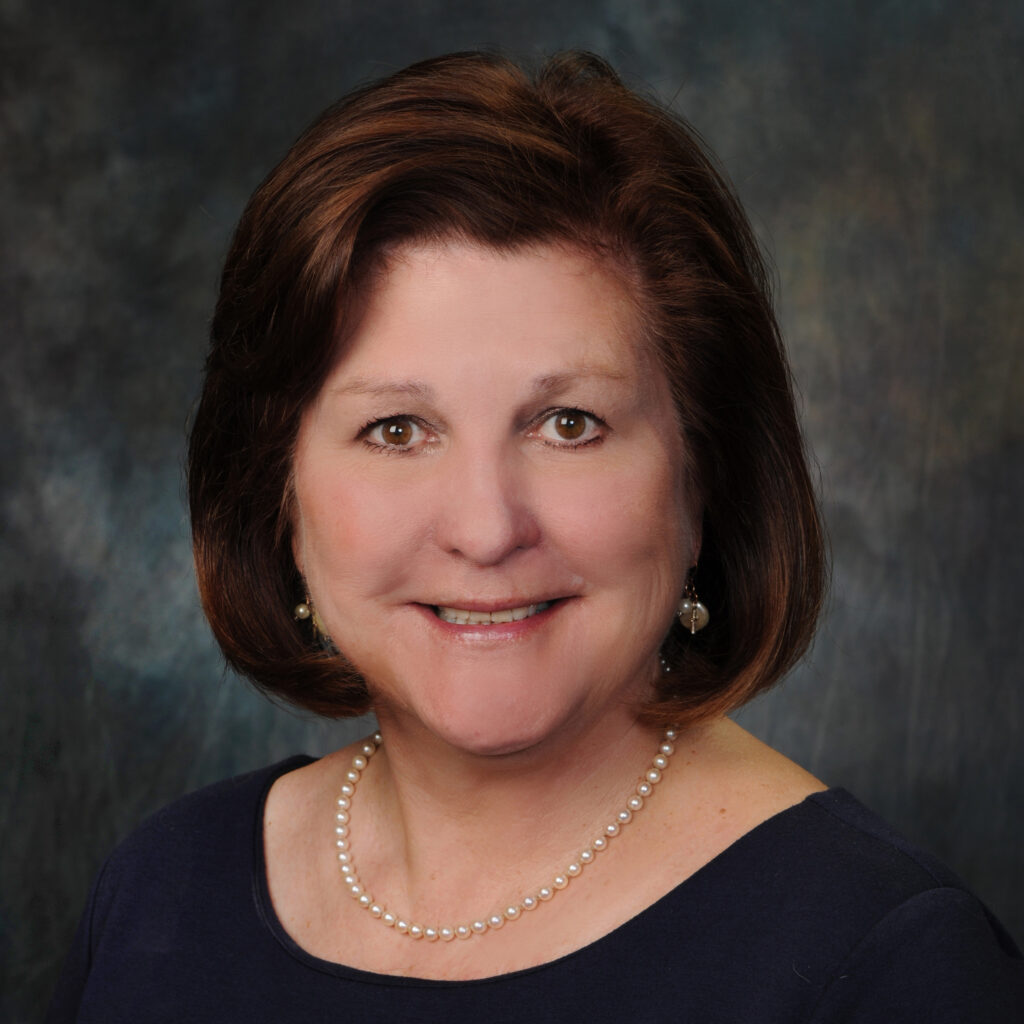
Dianne Bystrom, director emerita, Carrie Chapman Catt Center for Women and Politics, Iowa State University: Finding one’s authentic voice and learning to speak up is key to a woman’s ability to advocate for herself; her ideas; her family; and for others in her workplace, the organizations in which she belongs, and ultimately the larger community. If women don’t use their voices to advocate for themselves and others, they not only decrease their ability to achieve the success they deserve but also their potential to make a positive impact in their professional and personal networks. By speaking up, women serve as role models and advocates for other women to effect positive change in often gendered environments.
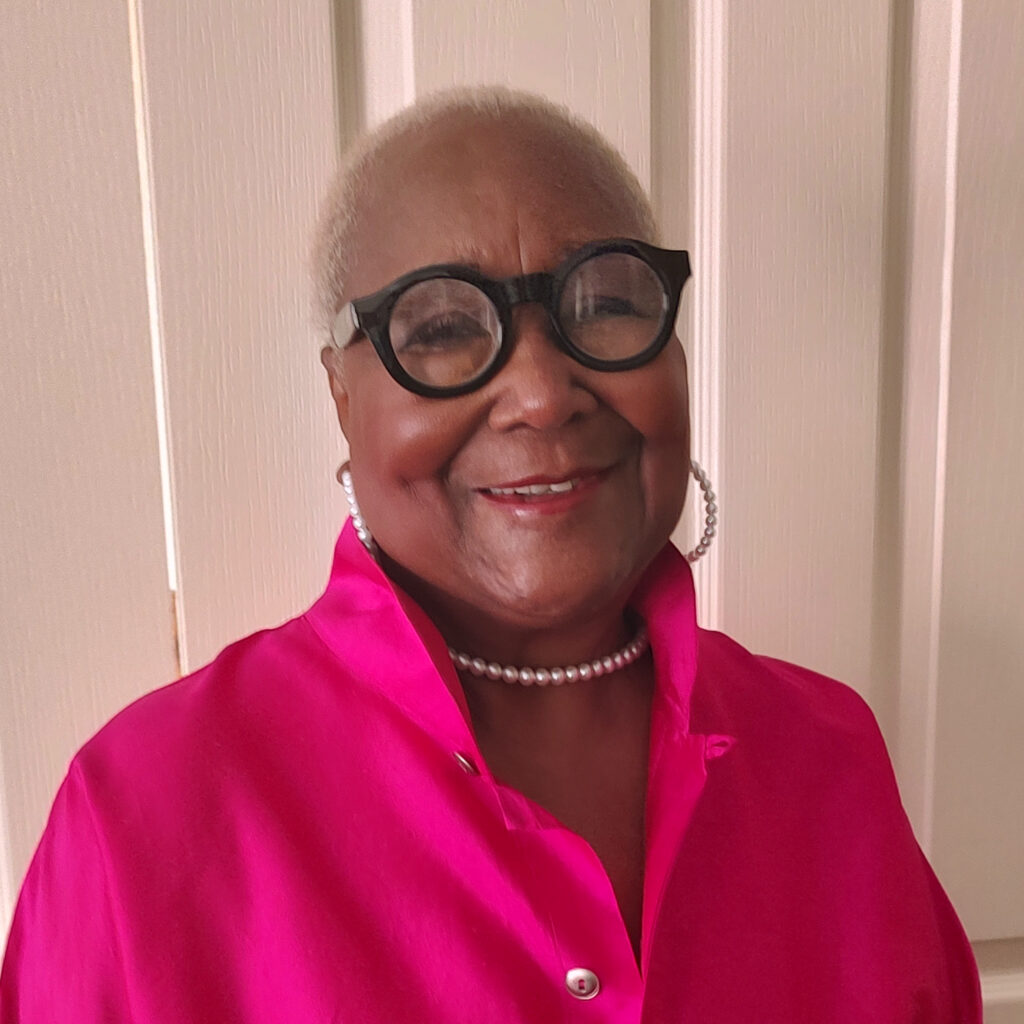
Mary Chapman, vice president emeritus/ambassador, Des Moines Area Community College: In my sphere of influence, I am mentoring and building a community of leaders who reflect hope, fairness, inclusion and the kind of future where current and future generations can be all that they can be, without barriers of bigotry and the family of isms. A powerful tool in creating change when addressing inequities and injustices is having courage to find your own voice and speak up. It is essential that you tell your story because if you don’t, others will tell it for you.

Mary O’Keefe, retired chief marketing officer, Principal Financial Group; owner, A&E Balm Co.: First, there’s finding your voice. It takes listening – to yourself and others – observation, learning, maturing. For me, finding my voice wasn’t the hardest thing to do. Maybe having 10 siblings helped with that. And my personality. Sometimes my mom called me “Mrs. Fullcharge.” Sometimes I have to turn my volume down. And you don’t find your voice once. Through your life, different roles, ups, downs, stages, constantly developing new perspectives changes your voice. Then, use your voice effectively.
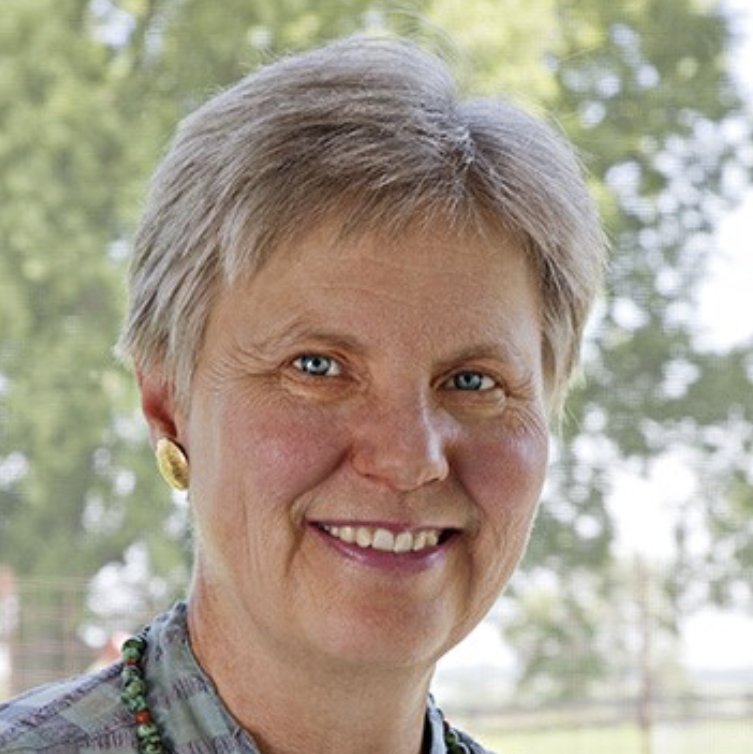
Mary Lynch Swander, artistic director, Swander Woman Productions; executive director, AgArts: Women are intelligent and creative, yet their opinions have been long ignored and suppressed. Women make up half of the population and have become lulled into thinking their ideas are unimportant. Speak up, speak out. Women deserve to have their voices heard!
Advice for women working to find their voice:
Know your worth. Bystrom asserts that before anything, women need to develop self-confidence and realize the worth we bring to discussions from our experiences as women. “Women need to learn the importance of listening to others as well as strategies to present their ideas, including how to deal with interruptions by male colleagues,” she notes, saying that we need to understand that if we do not advocate for ourselves, no one else may do so. Being smart and strategic about it helps. “I have never been shy about advocating for myself – and knowing my worth in a variety of work settings,” says Bystrom. “But I’ve also learned – usually from other women – the best communication strategies to do so.”
Don’t sit silently while others speak up. Chapman notes that there are different opportunities at different points in time to speak up. “Your silence can cause you to lose an opportunity, not getting what you want or being dismissed,” she says. “You may be the smarter one in the room, but no one will know unless you speak up.” She observes: “Speaking up as yourself, you gain confidence with knowing who you are, your truths, finding purpose for yourself and inspiration for others.”
Persist. Swander recalls a time when she was in the Writers Workshop at the University of Iowa and a famous editor came to visit. The editor told them that it’s not always the most talented writers who finally make it, establishing a voice for themselves in the literary world, but those who endure. “He saw many brilliantly talented, gifted writers get one rejection slip and hang up their literary ambitions forever,” remembers Swander. The editor saw other writers with basic skills plug away at it, develop, fine-tune their craft, taking rejection in stride until they eventually produced and published prizewinning books. She says, “Don’t get caught in the swamp of negative thinking: I can’t do this. I don’t have the skills, the smarts, the time, the support.” Just keep moving forward.
Support other women. Bystrom observes that during her 39-year career in higher education, she learned that she could use her voice to support and encourage other women – especially students – to develop their authentic voice and to speak up for themselves. “When I directed the Catt Center, we sponsored workshops to teach women how they could better negotiate through communication and knowing their worth,” she says. “I also used supportive tactics to encourage women to speak up in meetings as well as in the classroom.” One of the most meaningful gifts of appreciation you can give to those who helped, taught and supported you is to continue lifting other women up as well.
Practice being courageous. It takes continued practice and fortitude to find and use our voices. Chapman advises women to keep offering ideas, saying that even with rejection or failure you will learn something. O’Keefe echoes this advice, saying it is important to use your voice effectively, even in new and difficult circumstances. “The key to that, for me, is courage,” explains O’Keefe, who elaborates that she recently spoke out on a very painful topic – as a grieving mother. She says, “It took all the courage I have.”
Have faith that you have a worthwhile story to tell. Swander’s advice for writers is to sit down in your chair at your desk and write, to “read, read, read, take some classes and find a mentor,” and to have faith that you have a worthwhile story to tell.” But her advice is equally relevant for those with different skills and goals. She advises women to enjoy the process and stop worrying about outcomes. “For now, get going, find the time, let others take up the slack, and rid yourself of guilt over unaccomplished mundane tasks,” she notes. “Butt in chair, mouse in hand. Confidence in heart.”
